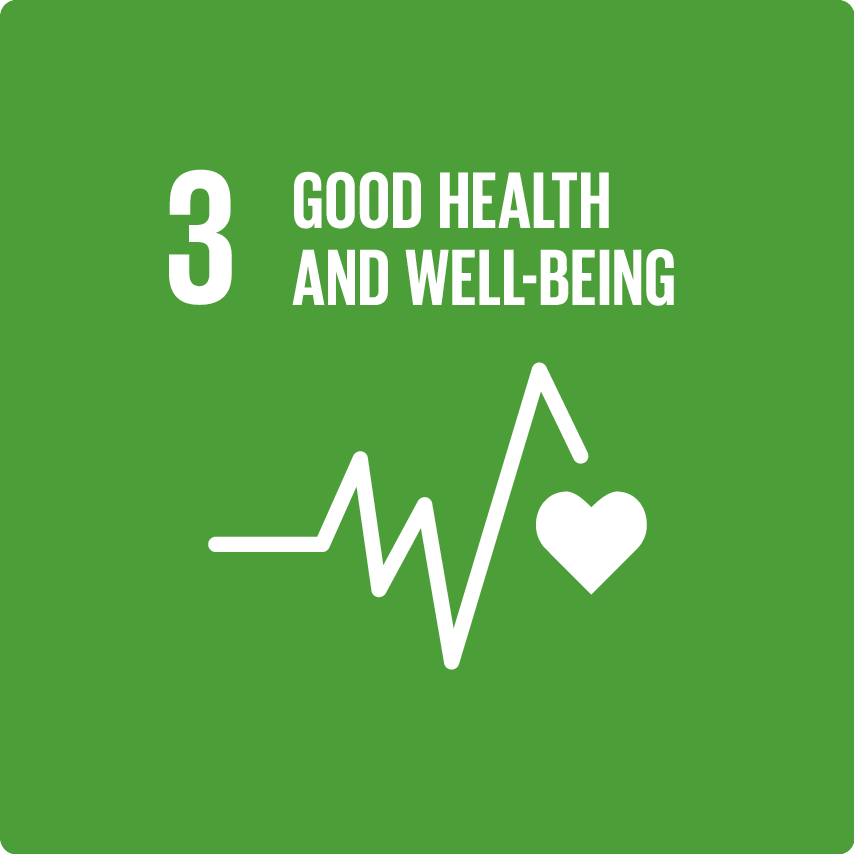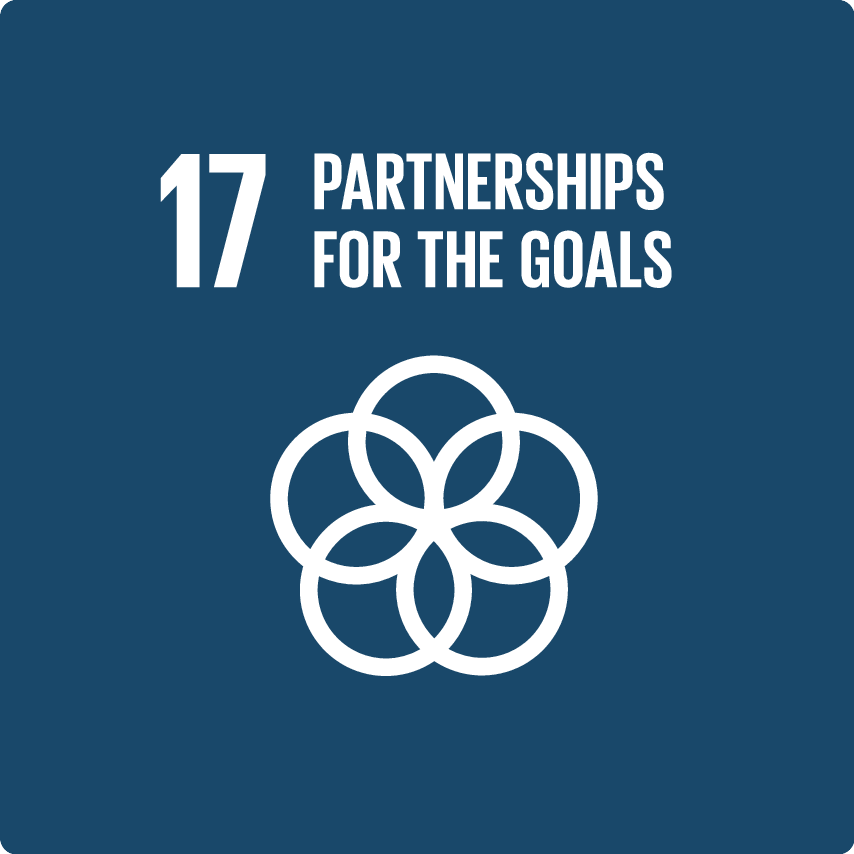UNICEF/Lilly: Improving health outcomes for 10 million children and adolescents with NCDs
Implement care models and interventions to strengthen health systems for children and adolescents with chronic conditions - including type 1 diabetes, congenital and rheumatic heart disease, sickle-cell disease, and chronic respiratory conditions.
SEE ALL PARTNER ORGANIZATIONS
In early 2022, Lilly and UNICEF announced a collaboration to help improve health for 10 million children and adolescents living with or at risk of chronic NCDs through 2025*. Lilly has committed $14.4 million in support of UNICEF’s life-saving work to address NCD risk factors, strengthen health systems and enhance the ability of health care workers to care for people in Bangladesh, Malawi, Nepal, the Philippines and Zimbabwe. The countries were selected based on the potential to strengthen country-level health systems and models that provide care and support for children and adolescents with chronic conditions, including type 1 diabetes, cancer, congenital and rheumatic heart disease, sickle cell disease and asthma. More than 500,000 people were impacted through UNICEF’s work during 2022, including clinicians, community health workers (CHWs), district trainers, caregivers, children and adolescents. This four-year commitment reflects the respective efforts of Lilly and UNICEF to work toward the EXTERNAL:UN Sustainable Development Goals, specifically, SDG3, which aims to ensure healthy lives and promote well-being for all at all ages.
Geographic Reach
- Africa
- South-East Asia
- Western Pacific
Disease Area
- Women’s and Child Health
- Non-communicable diseases
Target Population
- Children
- Youth
Partner organizations
UNICEF
Geographic Reach
Africa
- Malawi
- Zimbabwe
South-East Asia
- Bangladesh
- Nepal
Western Pacific
- Philippines
Disease Area
Women’s and Child Health
- Children's Health
Non-communicable diseases
- Diabetes
- Type 1
- General Noncommunicable Disease Care (Health System)
- Respiratory Diseases
- Other NCDs

